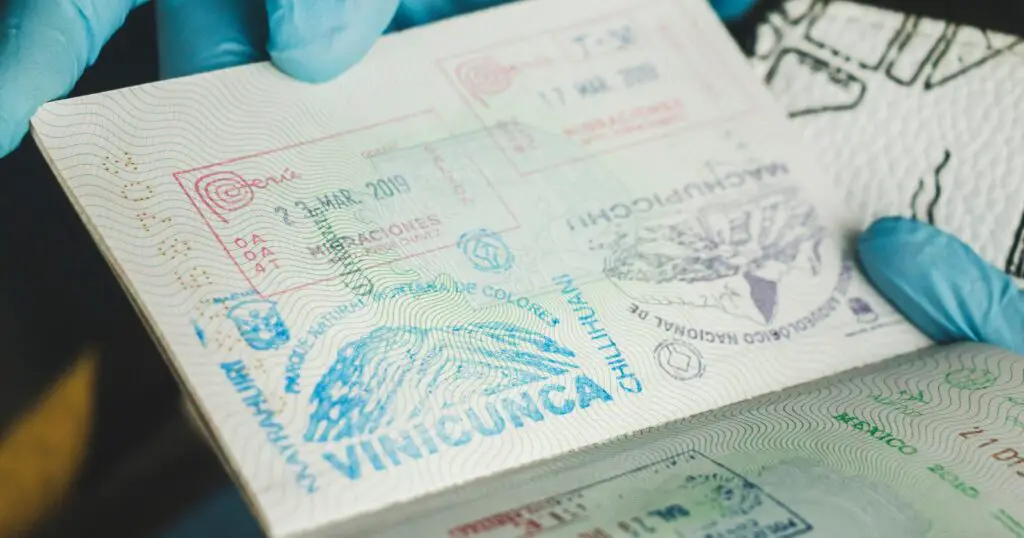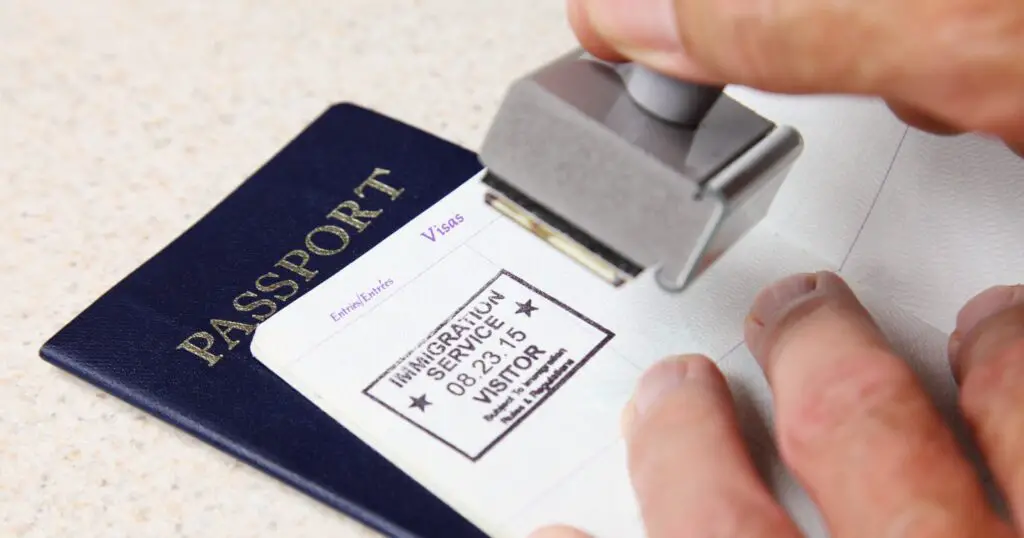The country of issue in a passport refers to where you have received your passport. In most cases, it is the same as your country of citizenship.
Filling up forms can be extremely tedious and stressful, especially where your passport information is involved.
And one of the most common causes for concern is the ‘Country of Issue’ section. Unfortunately, it is one section where you must not go wrong.
In this article, I will explain the meaning of ‘Country of Issue’ in your passport, its implications, and whether you should be worried about it or not.
What Does The Country Of Issue Mean?

The ‘Country of Issue’ refers to the country where you have received your passport. In most cases, that is going to be your country of citizenship.
This answer might confuse you even more, so hear me out. People will ask you separately for your ‘Country Of Citizenship’ and ‘Country Of Issue.’
When they do, you should not panic. They need to find out that your country only issues passports to citizens. Some countries issue passports even to non-citizens.
This is primarily true for many Middle Eastern countries. Therefore, airlines and other places will ask for these two things separately.
However, if your country of citizenship and issue are the same, you should tell them so.
Mention your country’s name in both places instead of leaving anything blank. Some green card holders may also face this question for visas.
Even in those cases, you should mention all information very clearly. Refrain from citing your state or place of residence in this field. Only mentioning the country will do the work.
If you have issued your passport from a different nation, input that information into the Country of Issue box.
Why is the Country of Issue Important?
Knowing the country of issue of a passport is important for a number of reasons. Firstly, it helps to identify the passport holder’s nationality and citizenship. Secondly, it can be used to verify the authenticity of the passport, as different countries have different security features and standards for their passports.
Finally, it can be used to determine the visa requirements and restrictions for the passport holder when traveling to different countries.
How to Find the Country of Issue on a Passport
The country of issue can usually be found on the first page of the passport, which contains the holder’s personal information and photo. It is typically listed under the “Issuing Country” or “Place of Issue” section, along with the date of issue and expiration.
In some cases, the country of issue may also be listed on the back cover of the passport. It is important to note that the country of issue may not always be the same as the country where the passport was physically obtained or renewed. For example, a citizen of the United States who renews their passport at a U.S. consulate in another country will still have the United States listed as the country of issue.
What Is The Meaning Of The Country Of Citizenship?
The term “country of citizenship” means the country that has officially recognized you as a citizen. It is important to mention the country where you hold citizenship, even if you currently reside in a different country.
Everyone is a citizen of a specific country. Citizenship of a single nation is necessary to establish voting rights, among others.
Some countries even allow dual citizenship, where you can jointly be a member of two nations. However, those might come with a catch.
When mentioning the country of citizenship, always write or say the correct one. You might live abroad for work or study. However, that won’t automatically make you a citizen of that nation. Your passport will be issued from your country of citizenship.

Some Middle Eastern nations issue passports to non-citizens. If you have one such passport, mention the country where you have citizenship.
Is My Country Of Birth My Country Of Citizenship?
Most people’s birth country is their country of citizenship. However, these two don’t need to be the same.
To become a citizen of a country, you need not be born there. Some people are born in different countries but may have migrated or shifted to others for various purposes.
In those cases, their home country or place of birth is not their country of citizenship. To become a citizen, you have to go through legal processes to become one.
If you are an immigrant, your nation of immigration will be your initial country of citizenship. Once you qualify to become a citizen of another nation and have completed the paperwork, you will have a new citizenship.
Final Remarks
As someone who has traveled to many different countries, I know how important it is to have a valid passport. One aspect of a passport that can be confusing is the “country of issue.” What does this term mean, and why is it important?
Simply put, the country of issue is the country that issued your passport. For example, if you are a citizen of the United States and you apply for a passport at a local passport agency, the United States is the country of issue for your passport. This information is printed on the first page of your passport, along with your name, photo, and other identifying details.
While the country of issue may seem like a small detail, it can have important implications for your travels. Some countries have specific requirements for passports based on the country of issue, such as minimum validity periods or visa requirements. It’s always a good idea to check the entry requirements for any country you plan to visit well in advance of your trip, so you can ensure that your passport is in order and avoid any potential issues at the border.

My name is Jeyn Dashner and I am the founder of WanderFever. I have worked as a travel journalist for many years, and exploring new places is my greatest pleasure in life.
